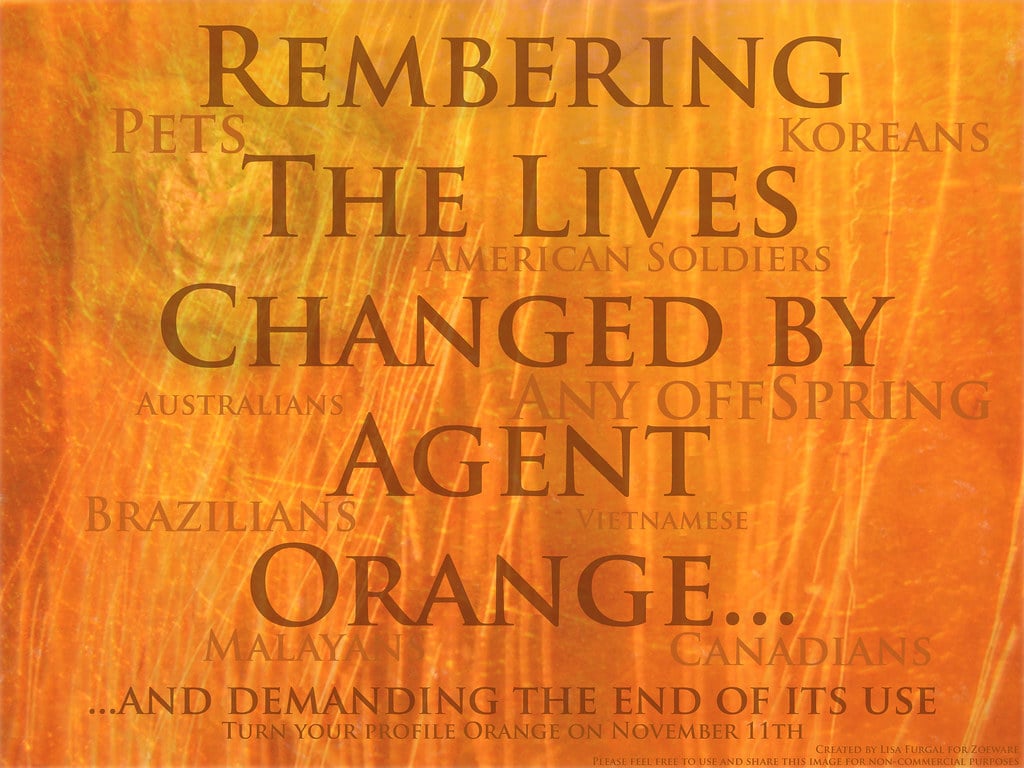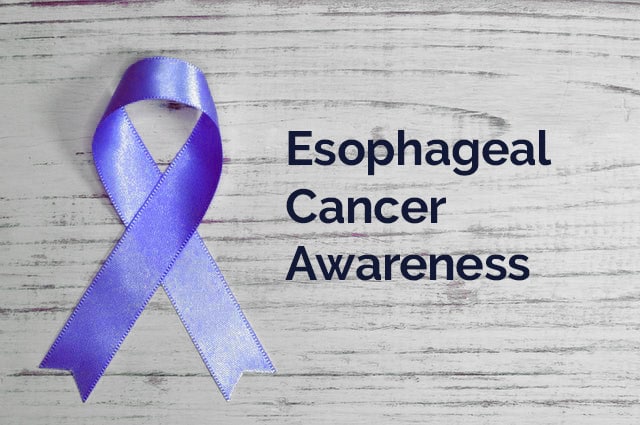After braving a difficult battle with esophageal cancer for more than 25 years, John Bagosy’s father unfortunately passed away. Ensuring that his dad didn’t lose the fight, Bagosy now supports nonprofits dedicated to researching the disease.
Agent Orange Exposure & Esophageal Cancer

John Bagosy is proud of his father whose brave efforts protected the American people during the Vietnam War. In his time with the United States Military, Bagosy’s father worked as a Door Gunner, a crucial role which relies heavily on precision and accuracy. In short, a Door Gunner is a crewman whose responsibility includes firing manually armament aboard an airborne military helicopter. These brave soldiers directly protected their brothers and sisters on the battlefield — and John Bagosy is immensely proud that his father fought for his country in such an intense manner.
However, John Bagosy and his family believe that his father’s esophageal cancer stemmed from Agent Orange exposure. An herbicide and defoliant chemical, Agent Orange was used tactically as chemical warfare during the Vietnam War. By now, exposure to such a chemical cocktail has been linked to a variety of diseases contracted by veterans, including esophageal cancer, Hodgkin’s disease, prostate cancer, respiratory cancers — and, unfortunately, many more illnesses. In “The Children of Agent Orange,” researchers pose the idea that Agent Orange exposure could even be passed down to offspring, due to gene mutation. For this reason, Bagosy has studied the unique connection between the chemical mixture and esophageal cancer, as he believes the relationship to still be relevant despite the military ceasing the production of Agent Orange.
Esophageal Cancer Awareness Association, Inc. (ECAA)

Although he has yet to work with the nonprofit organization directly, John Bagosy supports the efforts of the Esophageal Cancer Awareness Association. ECAA is dedicated to supporting patients of this rare disorder by promoting awareness on overall esophageal health. It is the nonprofit’s belief that through education, ECAA can inform individuals on risk factors, symptoms and other warning signs to look out for. Their educational initiatives also aim to guide caregivers, family members and friends through the process of caring for their diagnosed loved ones. ECAA was formed in 2002; nearly two decades on, the outfit continues to work diligently to inform the public and support patients by organizing support groups and patient networking.